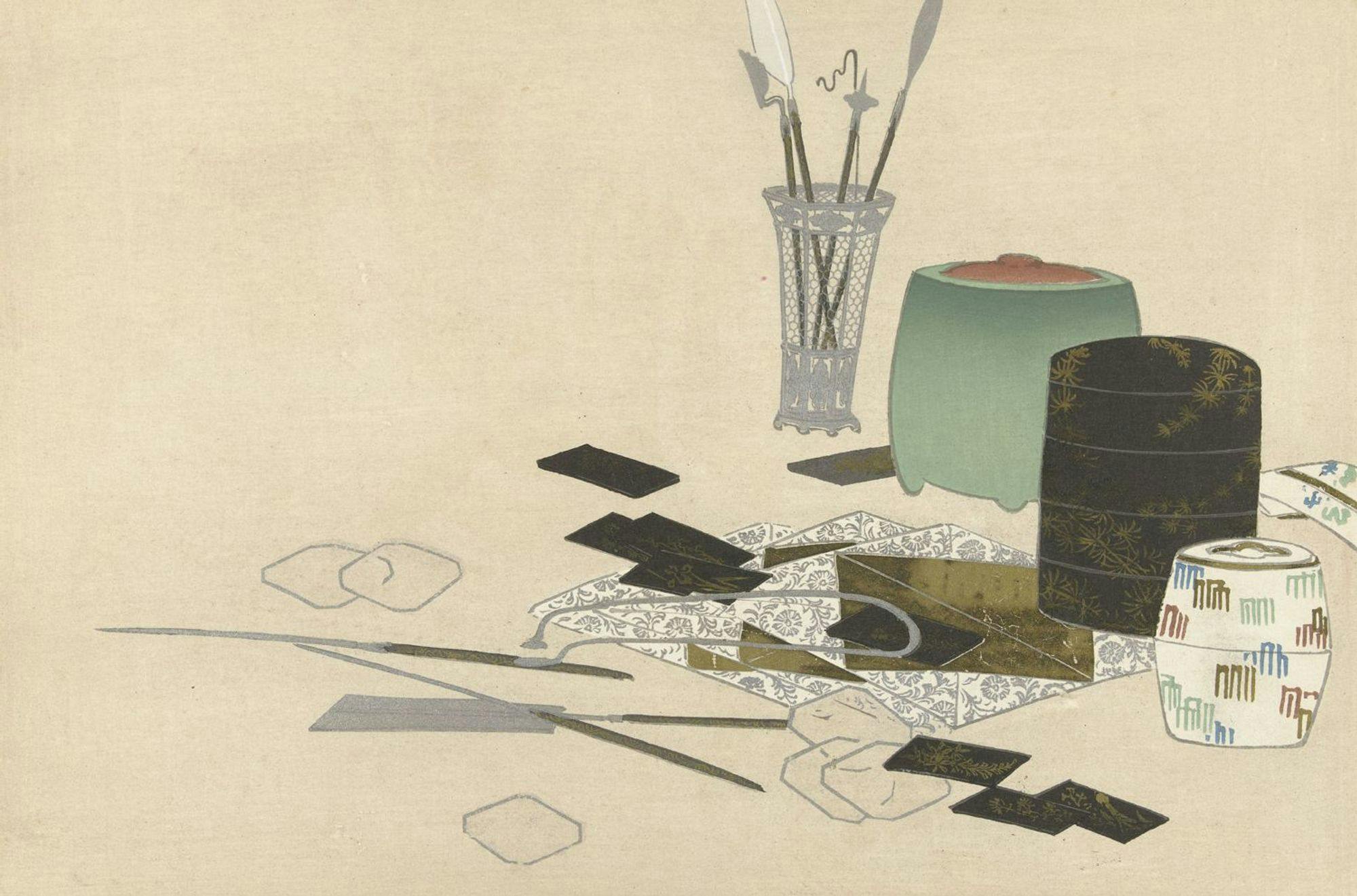The Diderot Effect, named after the French philosopher Denis Diderot, refers to the phenomenon where the introduction of a new possession, often a high-quality one, leads to a spiral of consumption as individuals seek to match the new possession with complementary items, often resulting in increased spending and accumulation of goods.
Imagine buying a new smartphone. The Diderot Effect suggests that purchasing this new phone might lead you to feel that your other belongings no longer match the sophistication of the phone.
As a result, you might feel compelled to upgrade other items, such as your laptop, accessories, or even clothing, to align with the perceived status of the new possession!
Want to learn more about productivity, focus, and achieving flow state? Subscribe to short & concise Psychology newsletter, Psych for more insights and tips.
What do I need to know?
Few notable points about the Diderot Effect:
- Triggered by a new possession: It begins with the acquisition of a significant or high-quality possession that stands out from the rest of an individual's belongings.
- Creates a spiral of consumption: Owning this new possession can lead to a feeling of dissatisfaction with existing belongings, triggering a desire to upgrade or match the new possession's status. This can result in increased spending and accumulation of goods.
- Consumer behavior and identity: It reflects how consumer behavior is influenced not just by individual purchases but by how those purchases shape one's identity and perceptions about other possessions.
